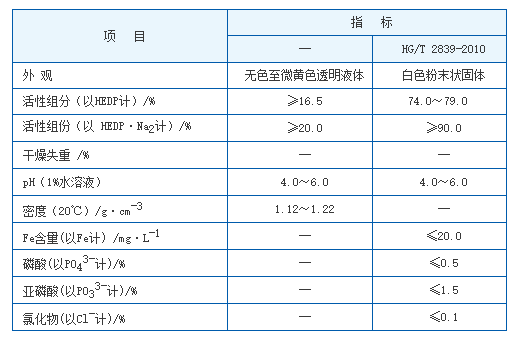dodecyl dimethyl benzyl ammonium chloride
Dodecyl Dimethyl Benzyl Ammonium Chloride Understanding Its Applications and Properties
Dodecyl dimethyl benzyl ammonium chloride (DDBAC) is a member of the quaternary ammonium compounds, a class of cationic surfactants widely used in various industrial and household applications. This compound features a long hydrophobic dodecyl chain and a positively charged nitrogen atom, contributing to its surfactant properties. This article explores the unique characteristics, applications, and safety considerations associated with DDBAC.
Chemical Structure and Properties
DDBAC has a complex structure that provides it with distinct properties. The molecule comprises a dodecyl group (12 carbon atoms long), two methyl groups, a benzyl group, and a chloride ion. The long hydrophobic chain allows DDBAC to adsorb onto surfaces, while the cationic charge enhances its interaction with negatively charged sites, such as bacteria and dirt. This attribute makes it an effective biocide and surfactant in various formulations.
The surfactant properties of DDBAC enable it to lower the surface tension between different materials, facilitating better wetting, spreading, and emulsification. Additionally, its solubility in water and organic solvents broadens its usability across multiple fields, including cleaning, disinfection, and personal care products.
Applications
1. Disinfectants and Antiseptics The antimicrobial properties of DDBAC make it a popular ingredient in disinfectants and antiseptics. It has been shown to effectively kill bacteria, fungi, and viruses, making it a valuable component in sanitizing formulations for healthcare settings, food processing facilities, and households.
2. Emulsifying Agent In the cosmetic and personal care industry, DDBAC serves as an emulsifier, stabilizing oil-in-water and water-in-oil formulations. It helps in the creation of lotions, creams, and other cosmetic products by ensuring that the oil and water phases do not separate.
dodecyl dimethyl benzyl ammonium chloride

3. Industrial Cleaning Products Due to its surfactant and wetting properties, DDBAC is commonly found in industrial cleaning agents. It aids in the effective removal of grease, oil, and dirt, making it ideal for use in commercial kitchens, automotive cleaning, and manufacturing environments.
4. Water Treatment As a biocide, DDBAC is also utilized in water treatment processes. It can help control microbial growth in water systems, contributing to the maintenance of cleanliness in swimming pools and cooling towers.
5. Agricultural Uses In agriculture, DDBAC is sometimes used in formulations for herbicides and pesticides. Its surfactant properties enhance the efficacy of these chemicals by improving their spreading and deposition on plant surfaces.
Safety and Environmental Considerations
While DDBAC has numerous beneficial applications, it is crucial to handle it with care. Like many quaternary ammonium compounds, DDBAC can be toxic to aquatic life. Therefore, it is essential to adhere to disposal guidelines and avoid releasing it into water bodies. In occupational settings, appropriate personal protective equipment (PPE) should be used to minimize exposure, including gloves and eye protection.
The Environmental Protection Agency (EPA) regulates the use of DDBAC, especially in products intended for public use. Manufacturers must ensure that their formulations comply with safety standards and provide appropriate labeling for consumers.
Conclusion
Dodecyl dimethyl benzyl ammonium chloride is a versatile compound with a broad range of applications across various industries. Its effective surfactant and antimicrobial properties make it particularly useful in cleaning, disinfecting, and personal care products. However, it is essential to recognize and manage its environmental and health impacts responsibly. As industries continue to seek effective and efficient solutions, DDBAC remains a valuable asset in modern chemistry, balancing performance with safety considerations.
-
Dodecyldimethylbenzylammonium Chloride: High-Purity DisinfectantNewsAug.30,2025
-
2-Phosphonobutane-1,2,4-Tricarboxylic Acid: Scale & CorrosionNewsAug.29,2025
-
Premium Isothiazolinones | Broad-Spectrum Biocidal SolutionsNewsAug.28,2025
-
LK-319 Special Scale And Corrosion Inhibitor For Steel Plants: Advanced Solutions for Industrial Water SystemsNewsAug.22,2025
-
Flocculant Water Treatment: Essential Chemical Solutions for Purification ProcessesNewsAug.22,2025
-
Isothiazolinones: Versatile Microbial Control Agents for Industrial and Consumer ApplicationsNewsAug.22,2025





